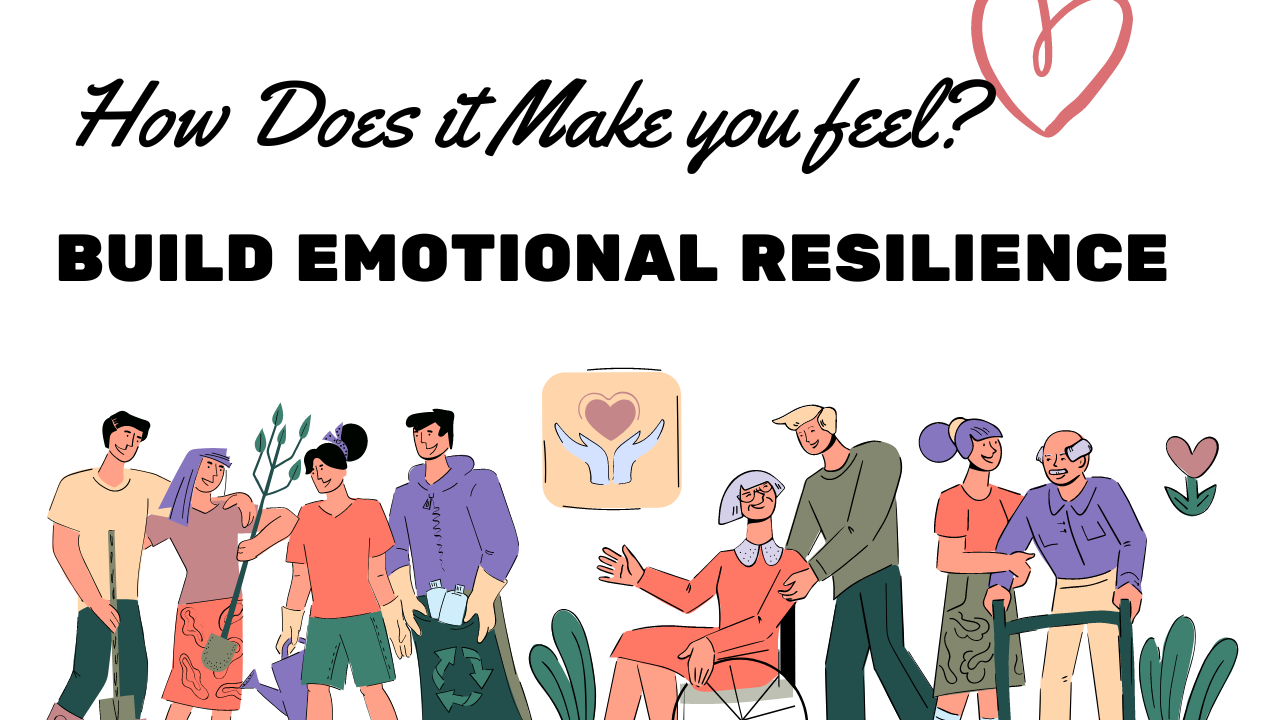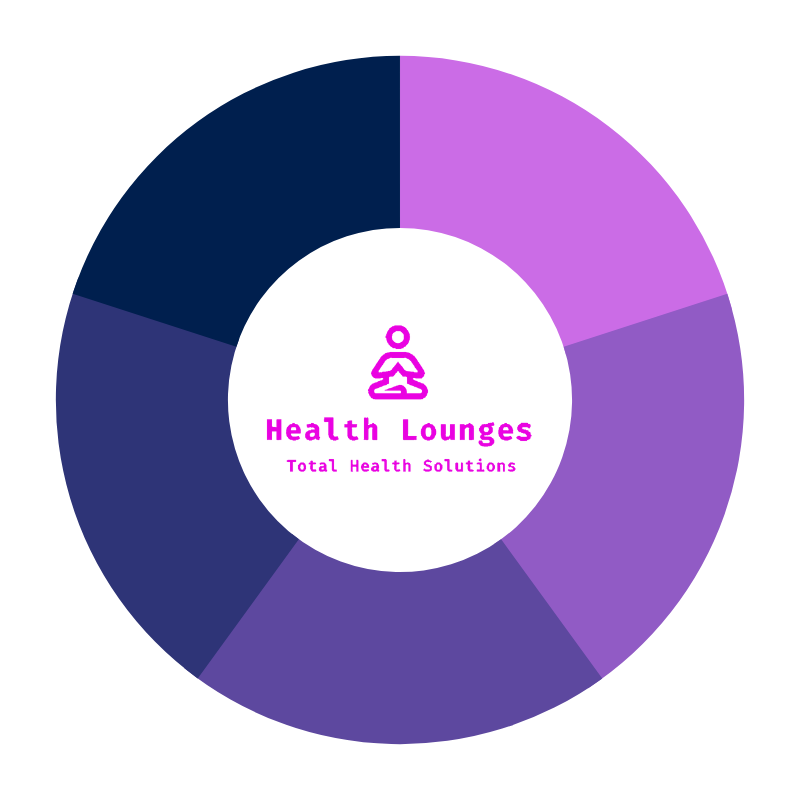How does this make you feel?

When it comes to managing stress, our emotions play a huge role.
But contrary to what you might think, emotions like joy or anger aren’t inherently “good” or “bad.”
Instead, it all depends on whether your emotions are helping or hurting in a given situation.
For instance, you may get super pissed when that red Toyota cuts you off during rush hour traffic…
Your face turns red.
Your blood pressure spikes.
Your fingers choke the steering wheel.
You drop a well-placed F-bomb.
But did all that anger serve you at that moment? Did it lead to any practical action? Or did it leave you feeling crappy—emotionally, mentally, and physically?
Another example:
You’re angry at the injustice you see toward marginalized people in your community. So you decide to do something about it:
You attend city council meetings to advocate for positive change.
And you volunteer your time to help underprivileged families.
See the difference?
The first example of anger was maladaptive (unhelpful, unproductive, distressing).
The second was adaptive (helpful, leading to positive action).
As you can see, emotions are more than just “feelings” or “irrational sensations.” They can give us a blueprint for action.
Want to steer your emotions toward serving your goals… and away from stressing you out?
You can! The key is to develop emotional resilience—or the ability to harness and master your emotions—much like an athlete training for a sport.
In the meantime, here’s something you can use right away…
It’s well-known that our thoughts and behaviors profoundly impact our emotions—and vice versa.
And because our thoughts can be observed, chosen, and changed, we can harness that ability to influence our emotions positively.
It takes some practice, and we can’t promise you’ll go from stressed-out to zenned-out overnight…
But this simple strategy can work wonders over time.
Want to give it a try?
Let’s go back to the red Toyota that cut you off [or INSERT any situation that takes you from “cool as a cucumber” to “Tasmanian devil” in 2 seconds flat].
Your anger may be completely justifiable. But here’s the real question:
Does your anger help you at that moment?
And if it doesn’t…
What if you could “hack” your emotional response by changing your thoughts about that person in the red Toyota?
What if, right after they cut you off, you imagined they were speeding toward the hospital to visit their sick mother?
What would that thought do for your emotional state? Would you still feel as angry?
What would it do for your physiological state? Would you feel less tense? Would your heart rate slow down?
Even if imagined, this simple shift in thinking could help you feel less stressed the next time something gets under your skin.
Again, it’s not a question of whether your emotions are justifiable… Whether they’re helpful to you in a given situation is a question.
The takeaway…
Emotions are beneficial: they help us navigate the world, interact effectively with others, and make crucial decisions. But they can also lead to unneeded stress.
If we become more aware of the interplay between our emotions, thoughts, body, and behaviors…
If we take a step toward influencing our thoughts—especially when they trigger unhelpful emotions…
Then we can reduce the amount of stress we experience—even just a little—and positively affect how we feel mentally, physically, and emotionally.
We could all use less stress these days, so why not focus on one of the few things we can influence?
It’s something to think about. :)
- The H.L. Team
P.S. Identifying, expressing, and regulating our emotions significantly impact our stress levels, sleep, fitness goals, and overall well-being.
